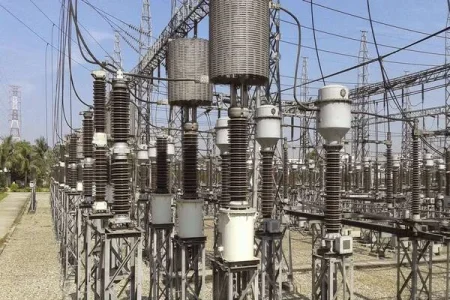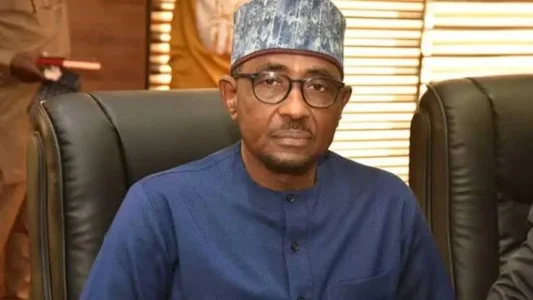
Nigeria plans another electricity tariff increase, aiming for a two-thirds rise to reflect actual supply costs. This move seeks to improve power reliability and attract private investment. The government intends to balance the tariff hike with subsidies for vulnerable citizens while addressing power sector challenges.
Nigerians can expect another electricity tariff hike, as the government pushes for a price increase to reflect the actual cost of power supply. President Bola Tinubu's special adviser on energy, Olu Verheijen, stated that tariffs must rise by approximately two-thirds to make the sector more cost-efficient and attract private investment.
While the increase is seen as essential for improving power reliability and boosting investments in the generation and transmission sectors, it comes at a time of economic strain for many Nigerians. Verheijen emphasized that the new tariff structure must be cost-reflective, ensuring that revenue is generated to attract private capital, while still protecting low-income households through targeted subsidies.
In recent years, the government has taken steps to address financial strains in the power sector, including removing fuel subsidies and adjusting power prices. Electricity costs were significantly raised in 2024, with some customers seeing their rates tripled. Despite these increases, Nigeria’s power infrastructure still faces significant challenges, with only around 62% of the population having access to electricity. Additionally, the erratic supply and outdated grid infrastructure limit productivity and daily activities.
The tariff increase is part of broader efforts to secure funding for the power sector, with a $32 billion plan aimed at improving electricity access by 2030. This includes contributions from both private investors and public sources, including international partners like the World Bank and African Development Bank.




